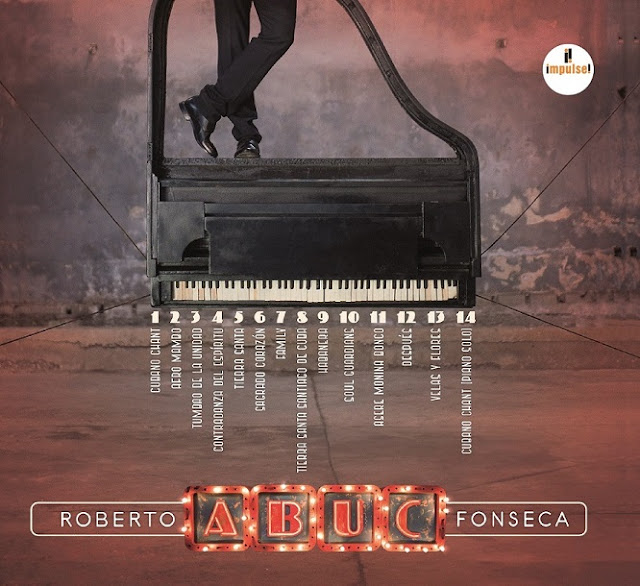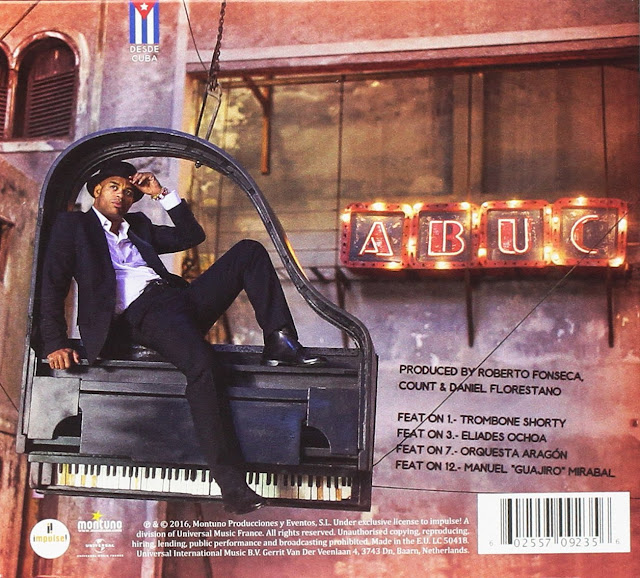wayi
diciembre 30, 2019
Angélique Kidjo - Eve - 2014
Eve is the title of Angélique Kidjo's new work, a wonderful compilation with a series of songs dedicated to the culture of women in Africa, a tribute to their strength, their femininity and their constant struggle for independence and freedom.
Produced by Patrick Dillett (collaborator of artists of the caliber of David Byrne), the name of the album is a clear dedication to Angélique Kidjo's mother and has been recorded including up to ten choirs of women from Benin and Kenya, who accompany the " New Mama Africa "singing in different native dialects and languages, including Fon, Yoruba, Goun and Mina. The singer launches this new work in conjunction with the edition of "Spirit Rising: My Life, My Music", an autobiography published by Harper Collins.
"Eve is an album of memories of the African woman with whom I grew up and a testimony of the pride and strength behind the smile that hides everyday problems," says Kidjo, whose awards include a 20-year discography and thousands of concerts all over the world. "Their voices emanate positivity and grace in difficult times. In this recording I let the voices of women show their beauty to the world," he adds. "Eve shows the positivity they bring to their towns, cities, culture and the world."
For the realization of Eve, Angélique has also had an impressive team of artists such as guitarist Lionel Loueke, drummer Steve Jordan, bassist Christian McBride and with the extraordinary participation of the original Senegalese percussionist Magatte Sow. We can also listen to Dr. John (piano), Rostam Batmaglij (Vampire Weekend guitar), Kronos Quartet and the Luxembourg Philharmonic Orchestra on the album.
With the popular Nigerian singer Asa she sings "Eva", and for the traditional Congolese song "Bana" she has the charismatic voice of her mother Yvonne.
"Eve is dedicated to women in Africa, their resilience and beauty," says Kidjo. "These women have very little materially, but when they smile it is as if they had jumped on the moon and hung on it. As long as we are strong, we will move forward with dignity." Definitely, Eve stands as one of the summits of Kidjo's impressive career, a demonstration of her absolute technical level, a perfect album for those of us who love and admire African cultures.
01. M´Baamba (Kenyan Song)
02. Shango Wa
03. Eva (con ASA)
04. Interlude: Agbade
05. Bomba (con Rostam Batmaglij)
06. Hello (von Trio Teriba)
07. Blewu
08. Kamoushou
09. Kulumbu (con Dr. John)
10. Interlude: Kletedjan
11. Ebile (con Kronos Quartet)
12. Awalole (con Orchestre Philharmonique du Luxembourg)
13. Bana (con Yvonne Kidjo)
14. Orisha
15. Interlude: Wayi
16. Coari




















































